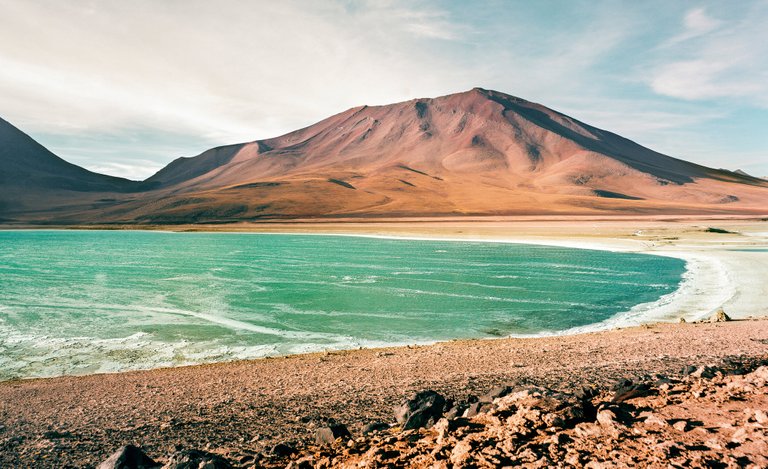Recently I was arguing with a friend of mine about Tesla and electric vehicles in general. I am the euphoric fanboy, he thinks they are completely bad and stupid. One of his arguments was that there isn't enough lithium on the planet to build all the batteries. Unfortunately this argument was totally new to me and I didn't know what to say. I decided to do some research on this.

I noticed that this is a quite common argument against electric cars. This worried me a little bit but I went on researching. What I found out is the following:
Lithium per battery
25 kg
25 kg
I found this article: How Much Lithium Does A Battery Really Need? (2010)
It is based on a study from (2009) made by the Argonne National Laboratory. (I will ignore that efficiency might have improved for now.) The estimates go from 113 g to 246 g of Lithium per kWh. For a preferably pessimistic calculation I'll use 250 g per kWh and a 100 kWh battery. So we have 25 kg of lithium per battery.
Total demand
50 million tons
50 million tons
According to Wikipedia, there are about 1.25 billion cars worldwide. Again, to calculate rather pessimistically let's say 2 billion. So we need 2 billion batteries with 25 kg of lithium each, resulting in a total demand of 50 billion kg of lithium or 50 million tons.
Total supply
enough, but inaccessible (so far)
enough, but inaccessible (so far)
Here Wikipedia shows a total of 14 million tons of confirmed reserves in 2015. So it sounds like it could become difficult at this point. But these are only the current reserves. No one can really tell how much there really is. A study by the University of Michigan and Ford Motor Company (2011) estimates 39 million tons of global reserves. And we know for example that the earth's crust consists of lithium by 0,006 % and there are more than 200 billion(!) tons of lithium in the oceans, although commercially viable methods of extraction have not been developed yet. But the Quest to Mine Seawater for Lithium Advances.
Obviously there is enough lithium on this planet. We just need better technology to get it. And in the end, my calculations were very pessimistic! So, to finalize
Let's be a little bit more optimistic!
Battery technology constantly progresses and gets better and better, thus more efficient. So instead of 250 g per kWh and a 100 kWh battery let's calculate with more realistic numbers. If we take 150 g per kWh and a 75 kWh battery (still very conservative numbers) total demand would decrease to 22.5 million tons of lithium. 100 g and 50 kWh... 10 million tons.
Conclusion
Total lithium demand for electric vehicles will be somewhere between 10 and 50 million tons. Total lithium supply will be at least 15 to 20 million tons and with better technology the sky is the limit. My worries from the beginning are eliminated and I am looking forward to the next conversation with my good friend. This time I will be prepared! ;)
What do you think?
Are there more precise or up-to-date numbers and how does recycling affect all this? What about smartphones and laptops and so on? What are your arguments against electric vehicles? Let me know! I definitely will dig into this a lot more in the future.
Thank you for your attention!

Technology/Science/Future
Nature/Environment/Sustainability
Society/Ethics/Philosophy
Art/Music/Fun
Nice
Thanks! :)
I got the feeling that Lithium is a little bit like oil or uranium. It will be great to diversify storage technology to avoid rush to one commodity.Great post, like alway mate. What about the other way to store energy https://www.theguardian.com/sustainable-business/2017/apr/06/salt-silicon-or-graphite-energy-storage-goes-beyond-lithium-ion-batteries
I totally agree. Diversification is always a good idea and it seems that there are some options. But I think thermal storage is only a large scale option and quite "centralized". Maybe large amounts of small scale storage like batteries could also be some kind of safety net. Assumed that in the future every car and every household will have a battery, then, with the right infrastructure, this can be used as a decentralized balancing mechanism.
In the article a company named Gelion is mentioned... do you have further information on this? I can't find a website... just a few other articles saying that there "might" be "something revolutionary".
Gelion is a type of battery , I found this http://revolution-green.com/gelion-batteries/
Great! Thanks! :)
There is lots of Lithium in Bolivia
Yes, enough to be mentioned in the Wikipedia article: